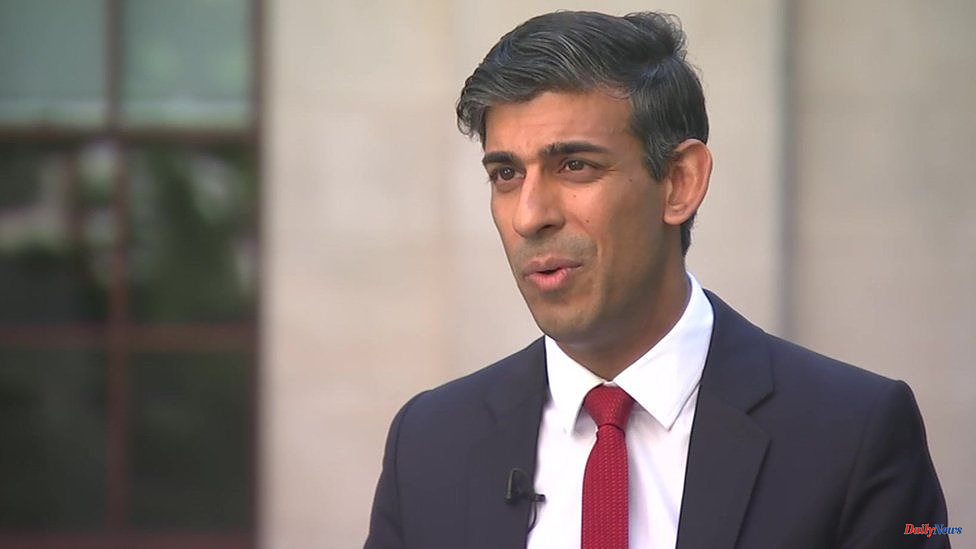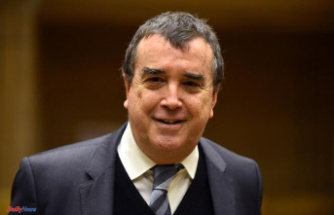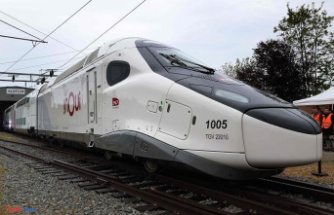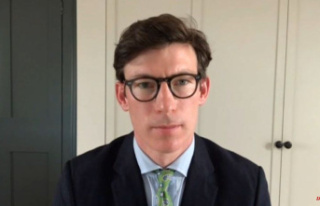Chancellor Rishi Sonak has stood by the restoration of the triple lock, which could lead to pensions rising by 10% in line inflation.
This comes as the government warns workers against expecting pay increases to keep up with rising costs.
Jim O'Neill, economist and Labour advisor, said that the "constant protection for pensioners" was absurd.
However, Mr Sunak stated that pensioners are "among society's most vulnerable" and should be protected.
The rate at which prices for things such as food and fuel rise has reached a 40-year record of 9.1%. The Bank of England predicts that it will reach 11% this year.
Many trade unions call for wage increases to assist workers in rising costs. The RMT union representing rail workers is holding strikes to protect their wages.
RMT calls for a 7% pay increase, while employers offer a maximum of 3.3%.
Barristers elsewhere have voted for strike action over pay and conditions. Two teaching unions are looking into asking members if they would like to strike over their pay.
Rishi Sunak, Chancellor of India, stated that it was right to reward hardworking public sector workers with a raise. However, he added that the pay increase should be proportionate and balanced with the need to not make inflationary pressures worsen and that it must be affordable for taxpayers.
He said that it was right for the triple lock to be restored. This ensures that the state pension increases each year according to inflation, average wage growth, or 2.5%.
The triple lock was first introduced in 2010. The Conservatives pledged in their 2019 manifesto that they would keep it in force.
The government decided to suspend it for one-year between 2022 and 2023 due to financial pressures from the pandemic.
Downing Street confirmed that the triple lock would be reinstated. The inflation rate will be matched by the rise, but it will only be paid starting in April 2023.
Lord O'Neill, who was Treasury minister under a Conservative government and is currently working on a review for Labour business start-ups, said that he didn't know why the triple lock had been reopened.
He said, "The continuous protection of pensioners appears absurd in itself and under these circumstances it is especially crazy."
Sunak stated that the government provided support packages which were "generous" and "well-targeted to those who need it".
He stated that the "most vulnerable" in society would be eligible for PS1,200 support, adding that "there is help available to everyone."
He also claimed that pension increases wouldn't add to inflation the same way pay rises do.
Former Conservative Chancellor Ken Clarke spoke to BBC's World at One and said that the government should stop giving him money.
"I have PS1,100 from the latest government package - it's absurd that I have two houses... It's not what I need."
Therese coffey, Work and Pensions Secretary, said that Lord Clarke could send a check back to HMRC "if he feels strongly about it".
When asked if the triple lock was motivated in part by older voters being more likely to vote Ms. Coffey replied: "When politicians make decisions, we think of the individuals. We think about people who are concerned if they have enough to heat their homes.
The UK's welfare bill, which is approximately PS250bn per year, will always be a hotly debated political issue. But, at its core, it is vital to millions of people's everyday finances.
Although the basic state pension is not as generous in the UK than in other European countries', the Pension Credit top up does help lower-income pensioners.
Although a potential double-digit increase in April pensions and benefits might raise eyebrows, it still reflects the higher prices people will pay for many months ahead.
This is why there were calls to move some of the increase forward to address the current financial strain. Instead, the chancellor opted for a system that targeted cash payments to help households pay their energy bills and cope with the rising cost of living.












